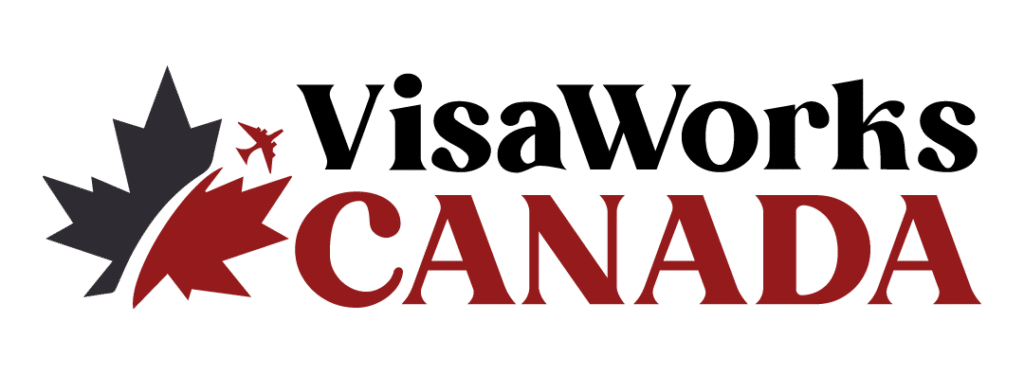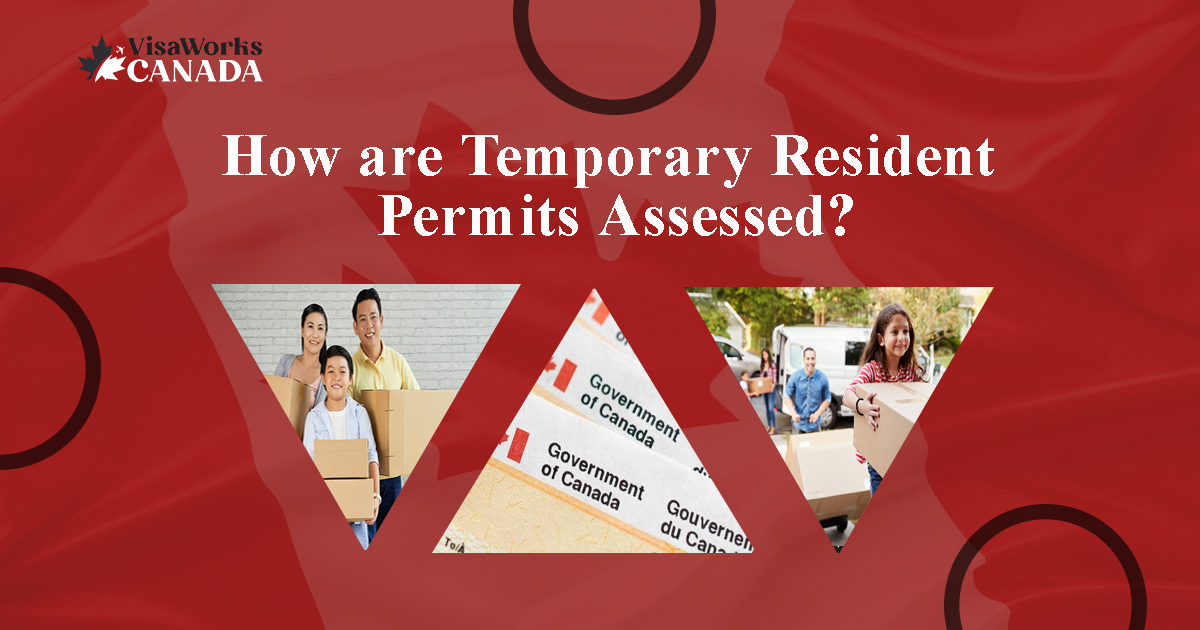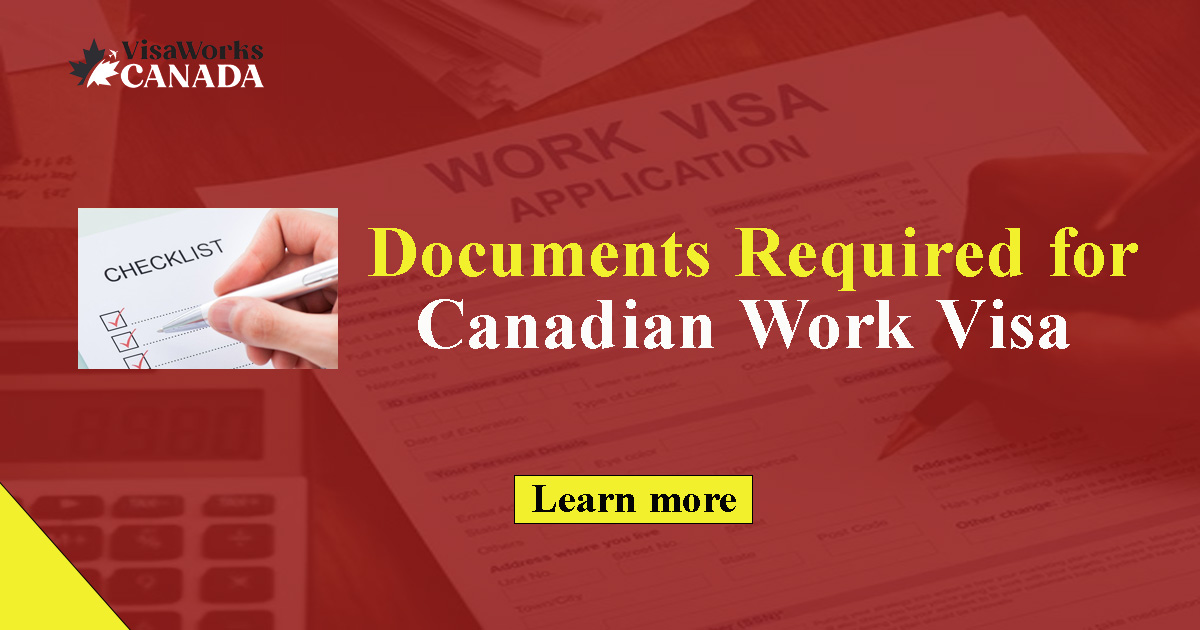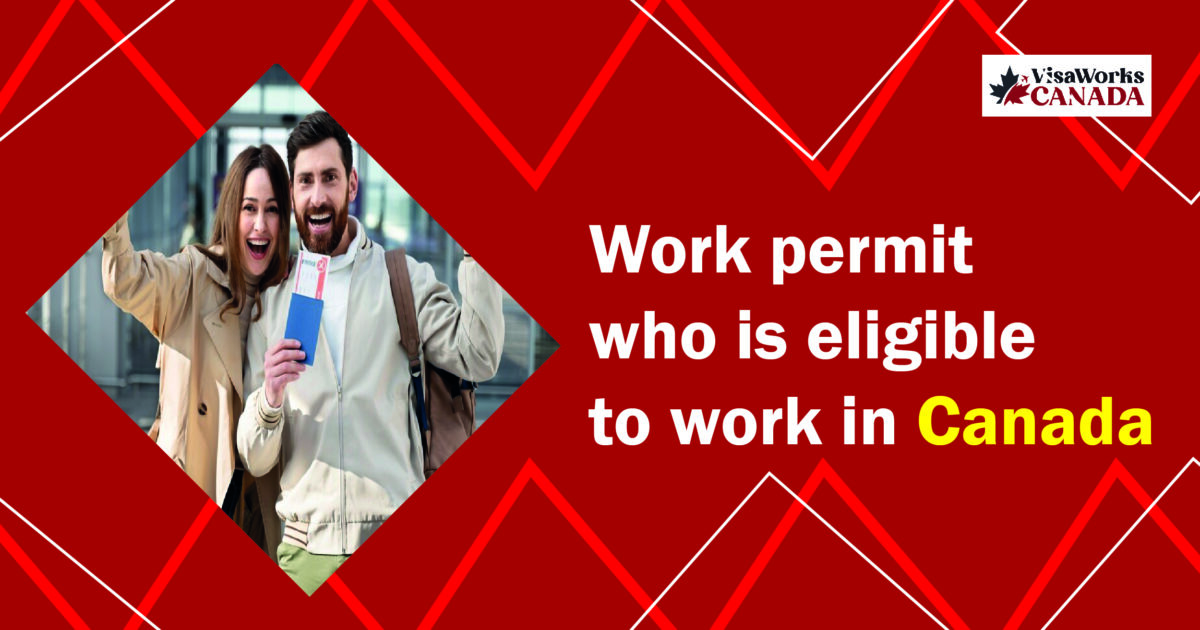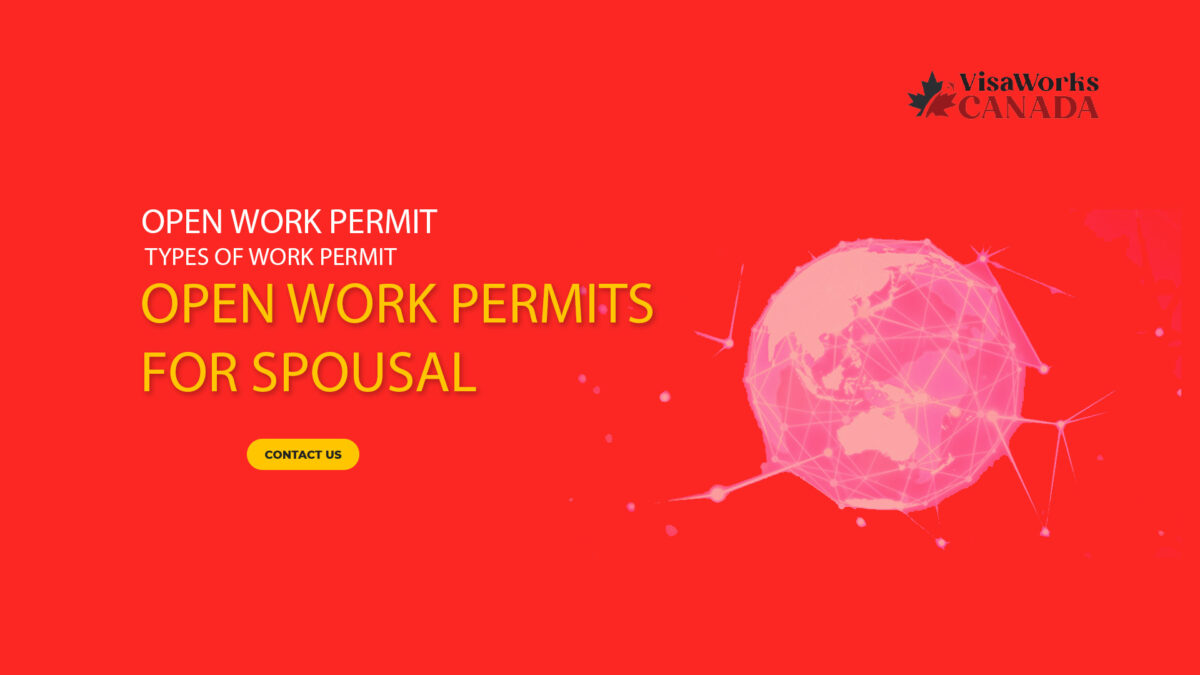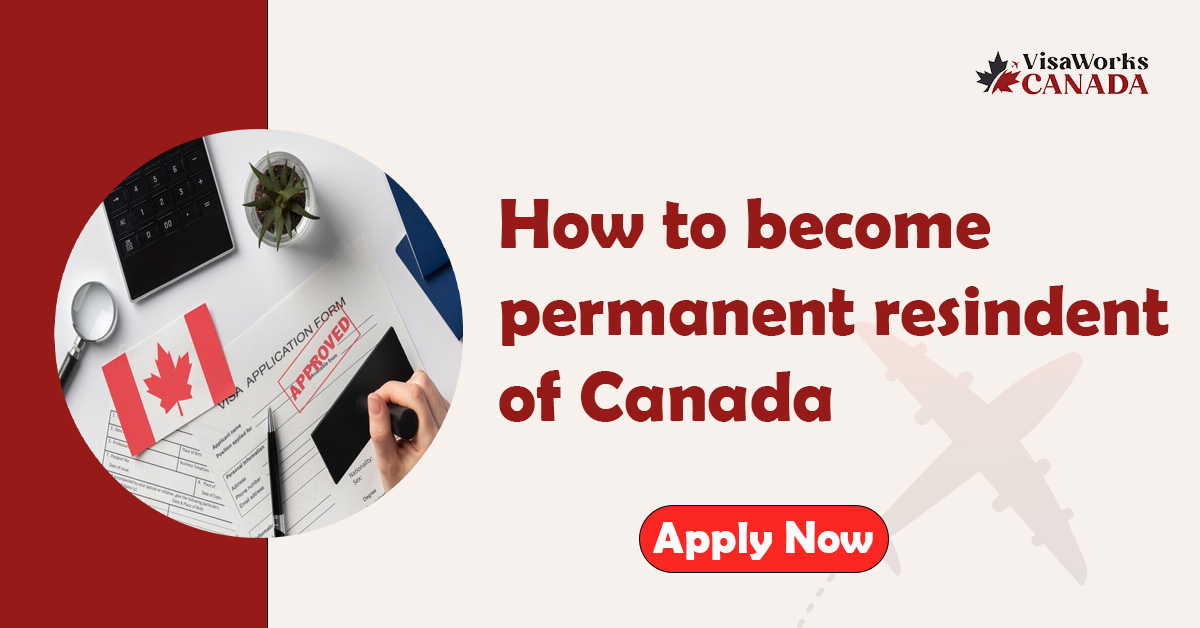Navigating the Canadian immigration landscape involves understanding various requirements and processes. One such requirement is the Labour Market Impact Assessment (LMIA), which serves to assess the impact of hiring foreign workers on the Canadian labor market. However, certain jobs are exempt from this requirement, making it easier for both employers and employees to facilitate immigration.
LMIA Exemption
LMIA exemption refers to the exemption granted to certain job categories from the requirement of obtaining an LMIA. This exemption streamlines the immigration process for individuals seeking employment in specific occupations deemed to be in the best interest of Canada.
LMIA-Exempt Categories
In navigating Canada’s immigration landscape, understanding the categories of jobs exempt from the Labour Market Impact Assessment (LMIA) requirement is crucial. These exemptions streamline the process for employers and employees, facilitating the entry of skilled workers into the Canadian workforce. Let’s delve into the various LMIA-exempt categories and their significance.
International Agreements and Arrangements
Under international agreements such as NAFTA/USMCA, certain professionals from member countries can work in Canada without an LMIA. This provision fosters economic collaboration and talent exchange among partner nations. Similarly, individuals covered by other international trade agreements enjoy LMIA exemption, promoting global mobility and cooperation.
Canadian Interests
Jobs that serve the significant benefit to Canada are exempt from the LMIA requirement, recognizing their importance in advancing the country’s economic, cultural, or social interests. This category includes positions vital for national development, innovation, and growth. Additionally, intra-company transfers allow multinational corporations to deploy skilled workers across borders seamlessly, promoting knowledge transfer and business expansion.
Canadian Interests – Self-Employed Persons
Self-employed individuals engaged in cultural activities, such as artists and performers, can obtain LMIA exemption to contribute to Canada’s vibrant cultural landscape. Similarly, those involved in athletics and coaching play a crucial role in nurturing talent and promoting healthy living, qualifying them for LMIA exemption.
Canadian Interests – Entrepreneurs and Investors
Canada welcomes entrepreneurs and investors through initiatives like the Start-up Visa Program, which offers LMIA exemption to innovative business founders. Additionally, the Owner/Operator LMIA pathway enables foreign business owners to establish or acquire Canadian businesses, driving economic growth and job creation.
From expert visa services to comprehensive guidance on permanent residency, study visas, and business ventures in Canada, VisaWorks Canada Ltd. offers personalized assistance at every step of your immigration journey. Contact us now to explore your options and make your Canadian dreams a reality.
Special Circumstances
In certain special circumstances, individuals may be exempt from the LMIA requirement. This includes spouses or common-law partners of foreign representatives, who are granted special status due to their relationship with diplomatic personnel. Similarly, refugee protection claimants and those with bridging open work permits may also be exempt, recognizing the unique challenges they face.
LMIA Exemption Application Process
Applying for LMIA exemption requires careful documentation and adherence to specific procedures. Employers must demonstrate how their hiring practices align with the exemption criteria, providing evidence to support their application. Timelines for processing LMIA exemption applications vary but typically involve thorough review by immigration authorities.
Challenges and Considerations
While LMIA exemption offers many benefits, navigating the process can present challenges. Understanding the eligibility criteria and ensuring compliance with legal requirements are essential steps in successfully obtaining LMIA exemption. Employers and employees alike must be aware of potential issues that may arise and be prepared to address them proactively.
Benefits of LMIA Exemption
LMIA exemption brings several benefits to both employers and employees. By facilitating the hiring of skilled workers without the need for an LMIA, it streamlines the immigration process and promotes international talent mobility. Additionally, it fosters cultural exchange, innovation, and entrepreneurship, contributing to Canada’s economic growth and diversity.
Conclusion
In conclusion, LMIA exemption plays a vital role in Canada’s immigration system, offering a streamlined pathway for employers and employees alike. By understanding the various categories of exemption and navigating the application process effectively, individuals can take advantage of this opportunity to contribute to Canada’s workforce and economy.
From expert visa services to comprehensive guidance on permanent residency, study visas, and business ventures in Canada, VisaWorks Canada Ltd. offers personalized assistance at every step of your immigration journey. Contact us now to explore your options and make your Canadian dreams a reality.
Related FAQs
Q: How can I apply for LMIA exemption?
A: Employers can apply for LMIA exemption by demonstrating how their hiring practices align with specific criteria outlined by Immigration, Refugees and Citizenship Canada (IRCC). The application process involves providing documentation and adhering to established procedures.
Q: What is the significance of LMIA exemption under international agreements?
A: LMIA exemption under international agreements promotes economic collaboration and talent exchange among partner nations, facilitating skilled workers’ entry into Canada.
Q: Who qualifies for LMIA exemption based on Canadian interests?
A: Jobs deemed to serve the significant benefit to Canada, including those in cultural activities, athletics, entrepreneurship, and innovation, qualify for LMIA exemption.
